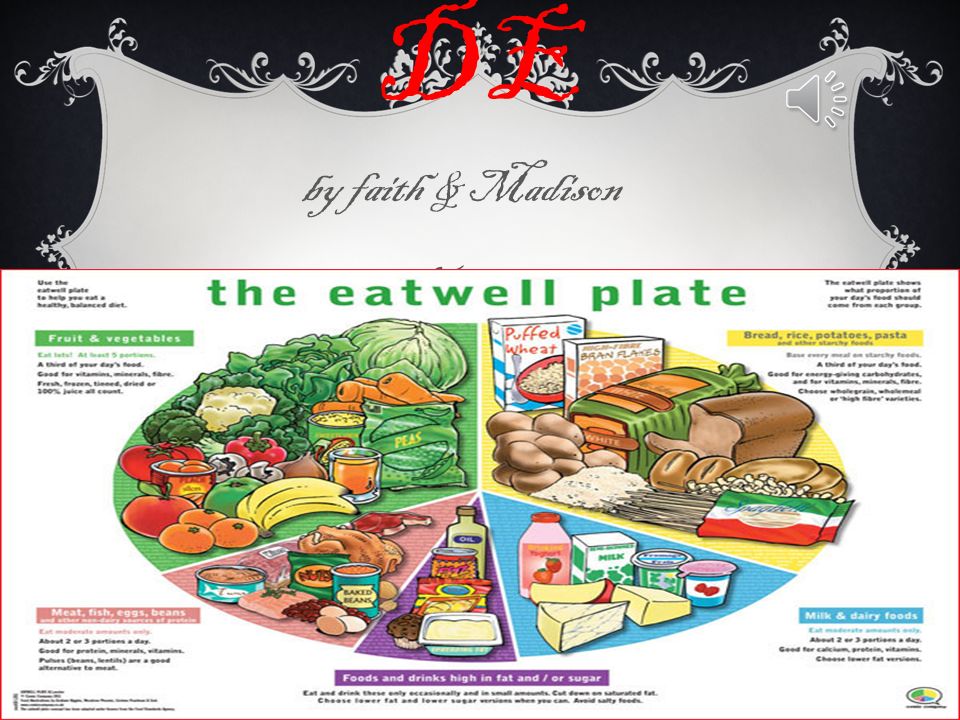
One-third of all infertility cases are male, so ensuring sperm health is very important. Studies have shown that healthy sperm are crucial for conceiving. Healthy sperm not only contributes to pregnancy health but also the health and well-being of the baby. A new study has revealed that there is a relationship between stress and obesity and sperm health. This link resulted in a baby with a high weight and stress level. While more human studies are required to confirm the connection, these findings are promising and merit further investigation.
There are many natural options to improve sperm condition. A healthy diet consists of omega-3 fatty acids, antioxidants, b-carotene, selenium, vitamin D, zinc, and selenium. These nutrients can improve the quality of the sperm. A balanced diet will make it easier for sperm formation. If you do this, your chances of having a child are higher.

There are many things which can harm sperm and make it difficult for couples to start a family. In addition to affecting the health of the baby at birth, poor sperm health can affect the health of a child throughout the child's life. Being overweight and smoking are some of the things that can damage sperm. Fortunately, there are many ways to improve sperm health. These tips can help you live a more fulfilling sex life.
Sperm health is dependent on a healthy diet. Foods rich in lycopene can help improve sex drive. It decreases the number of reactive oxygen species, which can damage DNA and cause sperm to become damaged. Consuming four to eight milligrams per day of lycopene can improve your sperm count, and even increase your motility. Supplements of lycopene can be used to supplement foods rich in the substance.
To improve sperm health, you need to eat a healthy diet rich in antioxidants. It is especially important for men to eat a healthy diet full of fruits and veggies. Avoid soy products as they can cause DNA damage to sperm cells. Make sure to get enough sleep every single night, in addition to eating a healthy diet. The more you sleep, the more sperms you will produce.

You should eat foods rich in vitamin B-12, in addition to eating a healthy diet. This vitamin plays a vital role in sperm health. It protects sperm from inflammation and oxidative stress. A good amount of vitamin D can make your sex life more enjoyable. Fish and poultry are good sources of fat, but not too much. For a more balanced diet, choose lean protein-rich foods high in protein.
Vital for sperm quality is exercise and healthy diet. Ensure you consume a well-balanced diet rich in fruits and vegetables. These foods will improve sperm health, as well as prevent heart disease and diabetes. A balanced diet rich in fatty acid should be a priority. You should also eat plenty of fish, red meat, as well as dairy products. These products are high in omega-3 and Omega-6 fatty acids which is beneficial for sperm mobility.
FAQ
How many times per week do I need to exercise?
It depends on what type of exercise and how much time are available. A general guideline would be moderate-intensity aerobic exercise 3 - 5 days a week. You shouldn't do too much. To get the best results from your exercise, it is important to be consistent.
Which exercises work best for you?
It all depends upon your fitness goals. Some people are more focused on endurance activities such as running, cycling and swimming. Others love lifting weights or using resistance bars. There are many types and styles of exercise available today. Choose an option that suits your lifestyle.
Eggs are good for us.
The egg is rich in all nutrients needed by the human body. It supports strong bones, healthy heart, lungs, and stable blood sugar.
Eggs are a great source of protein, vitamins A and B12, D. E. K, calcium, magnesium, selenium and riboflavin.
The cholesterol content of egg yolks is high. It does not contain any saturated fat. Eggs have less saturated fat than many other foods.
They are also low on calories and sodium. They are very versatile and can be cooked any way you'd like. You can cook them in many ways, including poaching, boiling, hard-boiling, baking, and scramble.
They are incredibly nutritious and easy to prepare.
Aim to eat two whole eggs per week. You can add eggs to your diet if you don't like eating eggs.
Essential nutrients are found in eggs. Consider adding eggs to your daily meal plan today.
Do I have to exercise every single day?
No! At least 30 minutes moderate-intensity exercise five days per week is a good goal. It means you need to exercise hard enough or walk fast enough that you are slightly out-of- breath.
Can I drink alcohol while exercising?
Yes. Alcohol can increase energy expenditure, speed up healing time, and reduce soreness.
The insulin sensitivity of alcohol is also increased, which makes it easier for glucose to be absorbed.
Alcohol can also cause dehydration which can lead to a slower metabolism. It also reduces testosterone production, which may decrease muscle-building potential.
This is why women shouldn't have alcoholic drinks before exercising. Women who are heavily alcoholic should wait at minimum 24 hours before starting to work out.
It is important that women who are nursing avoid alcohol.
Men should limit their intake to one drink per day.
What is a good 7-day workout schedule?
Three days per week should be spent on cardiovascular training, including running, biking, swimming, and two strength exercises using free weights, weight machine, as well as one flexibility/core exercise such as yoga, Pilates. It's essential to do each activity at least once a week. Each session should last no more than 45 minutes.
Cardiovascular Exercise: Running, Biking, Swimming
It is important to complete at least 60 minutes of cardio per week. To achieve the best results, aim to exercise for at least 75 minutes each week. Cardio exercises can be used to increase blood flow, stimulate muscle growth, and improve blood circulation.
Strength Training
Cardio exercises target the heart, lungs and muscles. Strength training targets the muscles, tendons and bones. Strength training increases lean muscle mass and helps to burn calories even at rest.
Flexibility and Core Workouts
To strengthen your whole body, flexibility and core work outs are excellent ways to do so. Yoga and Pilates are both excellent choices.
Statistics
- According to the American Heart Association, blood pressure should be checked at least once every two years, beginning at age 20. (my.clevelandclinic.org)
- By John Thompson Take a whopping 38% off a set of PowerBlock Pros. (menshealth.com)
- 10 pounds in a month is likely during a lean bulking phase, especially for beginners. (muscleandstrength.com)
- Get free shipping and 25% off today. (healthline.com)
- Cardmembers earn 5% Back at Amazon.com with a Prime Credit Card. (amazon.com)
External Links
How To
How can I burn fat and exercise?
Exercise burns calories by increasing metabolism and oxygen consumption.
Exercise at a moderate intensity to safely lose weight.
These are some tips to help you lose fat while working out:
-
Cardio exercises include swimming, running or cycling.
-
You can exercise for 30 mins three times per week.
-
If you want to lose more weight, add strength training to your routine.
-
Avoid intense exercise. You can build muscle without breaking down muscle tissue.
-
During exercise, drink plenty of water. Water flushes out toxins and helps keep the body hydrated.
-
After working out, make sure to drink low-fat proteins shakes. Protein shakes boost energy and repair muscle tissue.
-
Eat smaller meals throughout the day, so you don't feel hungry between meals.
-
Don't skip breakfast! Skipping breakfast can make you tired and sluggish.
-
Take care to your mental well-being. Stressful situations may slow down your metabolism.
-
Keep a positive attitude. Research shows that overweight people gain more weight if they believe they are overweight than those who believe they look good.
-
Get enough sleep. You will have a harder time losing weight if you do not get enough sleep.
-
Be active. Make sure you get up and move every hour.
-
Maintain a healthy diet. Healthy eating will keep you fuller and more satisfied for longer.
-
Find relaxation methods. Relaxing doesn't mean your body releases stress hormones which cause muscle tissue to be destroyed.
A balanced diet provides all the nutrients necessary for growth and development.
Instead of eating three large meals a day, eat six smaller meals every day. This allows your body to properly digest what you have eaten.
For strong bones, we need 500 mgs of calcium daily. Calcium can be found as a dairy product such as milk, yogurt and fortified soy drinks, orange juices, cereals, breads, and cereals.
Calcium is found in green leafy vegetables, beans, tofu, seeds, nuts, and cheese.
Your body needs vitamin D to absorb calcium. It's found in fatty fish, egg yolk, and some fortified foods.
Vitamin E is important for skin health. It's found in vegetable oils, wheat germ oil, peanuts, almonds, sunflower seeds, and corn.
Your body requires zinc to function normally and for wound healing. Zinc can be found in seafood, legumes and meats.
Zinc deficiency could cause fatigue, nausea, vomiting, and depression.
Insulin resistance is caused by eating too much sugar, which can increase blood glucose levels. Insulin resistance can lead to weight gain.
When there is a high level of free radicals, insulin resistance can develop. Free radicals are molecules that have unpaired electrons, which can cause damage to cell membranes or other parts of your body.
The main sources of free radicals are food additives.
Free radical damage can lead cancer, heart disease or diabetes, arthritis, asthma, or other forms of aging.
The best way to avoid free radicals is to eat a balanced diet high in antioxidants. Antioxidants protect against oxidative damage.
Vitamin C is found in citrus fruits and beta carotene is found in carrots.
Selenium, copper and manganese are all antioxidant nutrients.
Selenium is known to protect cells from the oxidative damage that free radicals can cause. Selenium is found in Brazil nuts, tuna, liver, kidney, shrimp, cod, turkey, beef, lamb, pork, and chicken.
Copper protects the brain and eyes as well as the lungs and red blood cells. Copper is found in shellfish, poultry, meat, and organ meats.
Manganese is an essential component of bone structure. Manganese is found as a component of bone structure in brown rice (spinach, bananas), prunes, raisins and oatmeal.
Zinc is required for normal growth, reproduction and wound healing. Zn can be found in lean cuts, white fish, poultry, eggs, and other foods.